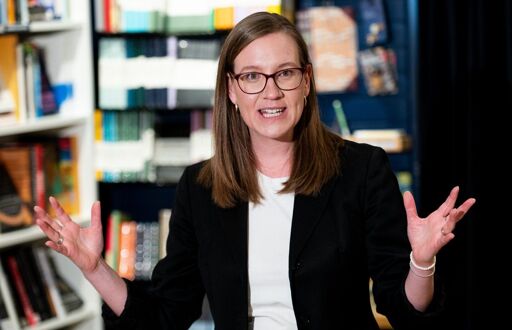The idea of a basic personal income in Canada gained traction after the pandemic when the government provided an emergency income benefit to millions of Canadians who lost their jobs because of COVID-19 restrictions.
NDP MP Leah Gazan introduced a private member’s bill in 2021 to create a national framework for a universal basic income but the bill never made it beyond first reading.
A similar bill introduced in the Senate by Sen. Kim Pate was in the midst of being studied by a committee when Parliament was prorogued last month.
In 2021, the parliamentary budget officer published an analysis suggesting it would cost $85 billion to provide $17,000 to low-income Canadian families and would cut poverty rates in half.



https://www.thestar.com/opinion/contributors/mark-carney-had-a-chance-to-weigh-in-one-of-the-defining-issues-facing-canada/article_8bb1815a-1149-11ef-a91a-43a3f346fa12.html ( archive)
This is within the context of the greatest wealth inequality that has existed in Canada, ever. Mark Carney is not serious about fixing what ails Canada. As far as not being to the right of Trudeau, economically Trudeau also represents the neoliberal status quo that is not addressing our issues. Even if I grant that is true, it’s not a point in his favour.
OK, sure, but he has good policies on housing and climate change, for example. Let’s not fall into the trap of US voters who didn’t vote for Harris because she didn’t align with 100% of their preferences.
Carney’s housing policies aren’t offering anything that Gould isn’t, except that Gould is promising to make non-market cooperative housing an important plank of her platform, where I happen to think that non-market solutions are the actual fix to most of Canada’s current problems.
But really, I was never voting Liberal anyways on account of their position that the ‘right’ to strike is contingent on the approval of the sitting government.